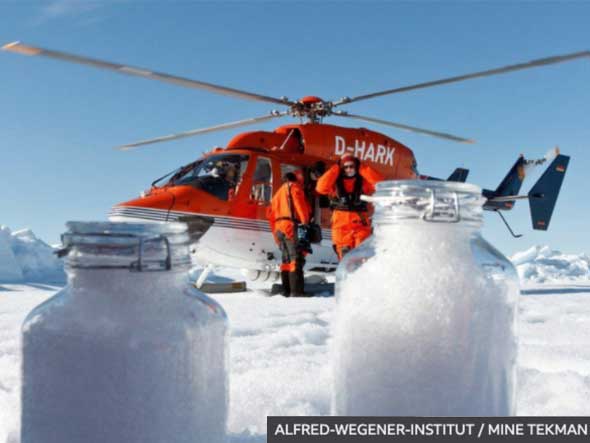Understanding Microplastics’ True Contribution to Snowmelt and Climate Change
It is well understood and studied that black carbon particles from gasoline, diesel fuel, coal, and other organics contribute to the melting of snowmelt and climate change. Black carbon is a contributor to warming because it is effective at absorbing light and heating its surroundings. When deposited in snow or ice, black carbon and other particles reduce the ability to reflect sunlight (albedo), causing an increase in the earth’s temperature.
In past studies, calculating black carbon’s impact on snowmelt and microplastic’s impact on snowmelt have not been separated. A new opinion article by Eos highlights that the long-term neglect of microplastics in snow has overestimated black carbon content and its melting effect. Microplastics may have a much larger impact on snowmelt than previously thought due to their pervasive nature.
Although there has only been one study looking at both microplastic and black carbon particles, it is thought that the mass of microplastic particles is more than black carbon. This study did not look at snow but found five times more microplastic particles than black carbon particles in water samples.
To continue reading this fascinating article click here
By Miho Ligare, Surf Rider Foundation, March 19, 2021

